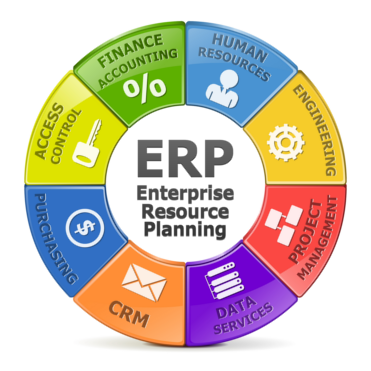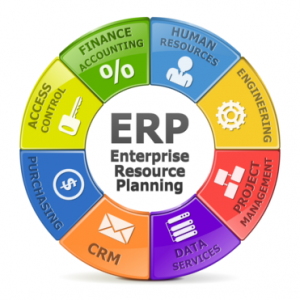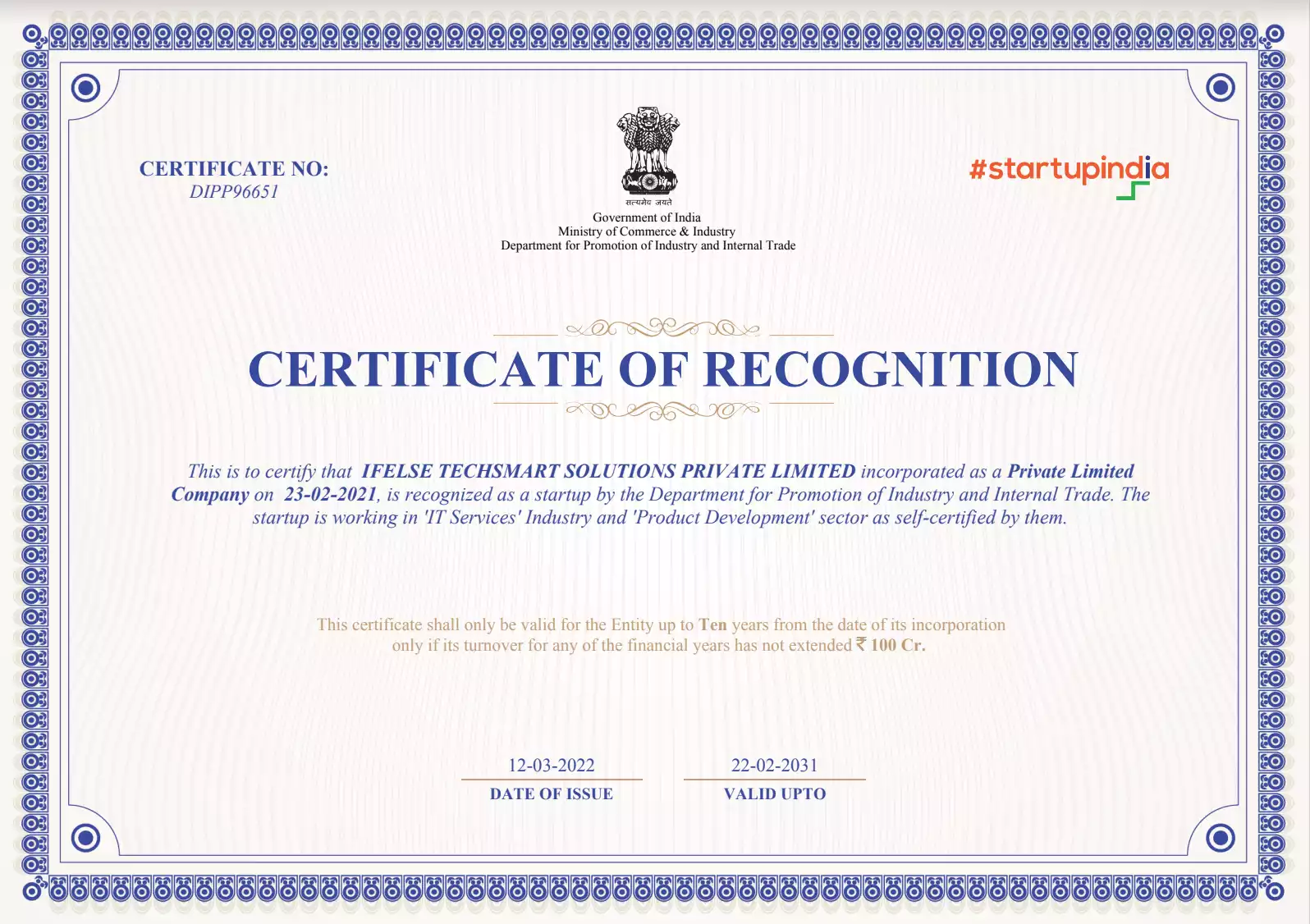

ERP is an multiple enterprise application or software module to meet the specific needs of an organisation. It is mostly based on the collecting, storing, managing, interpreting the data form of daily business activities in a real time data base management system.
ERP came to represent the evolution of app integration beyond the process of manufacturing. In the late 1990’s itself ERP systems were used to address all the core functions of an enterprise hence ERP system is a vital organisational tool so both the government and the non profit organisations began to use ERP systems on the go, in the present it is a multi billion dollar industry but still the modern ERP systems are not the same as that of 90’s due to the modern trends in the world of communication and technology ERP systems were pushed to the fame of advancement and servicibility due to which these ERP systems can run on variety of computers, hardwares and different network configurations by using a real time database which the organization possess.
Data migration is possible with the ERP system so data from an existing ERP can be migrated or moved to the new ERP systems without any loss or changes. ERP data can be accessed through your smart phones which would provide you a real time access to information regardless of places and office timings. Due to a reason that cloud has become a need ERP is also provided by the application service provider(ASP) on the cloud and the people who utilize the ERP are connected to the cloud so the data can be accessed from every part of the world in case of multinational companies which has its workplace situated around the world need a common and a single ERP system and for other companies which do not want a complex one in all ERP two tier ERP is provided because some of the big organization cannot manage everything in a single system so splitting the ERP system has to be made which means separate ERP for managing production related process and a separate erp for managing office processes at the same time and this even leads to the need for the cloud so that the complete organizations data can be placed over cloud and accessed when ever necessary in-spite of storing them in hard disks . since people are much connected on social media ERP also provides social media packages such as linked-in, face-book, twitter all in one place which provides the organization with valuable feedback from the customers directly on to the ERP system.
The main functions of ERP system is decision making it provides with the overall data of the organization regarding stock,raw materials and other related things in which decision has to be made for purchase and implementation and other functions such as sales forecasting can also be done.
Stakeholders relation ship is a much needed part for an organization comprising of many investors so this is probably provided by the ERP systems, the next thing would be standardization which means the visibility of data across the organization, ERP system also focuses on back office functions which do not directly affect the customers and public.
Some of the advantages of using the ERP are as follows, saves time and expense, decision can be made with less error, history of every transactions in every area of operation can be obtained, order tracking, revenue tracking, protects sensitive data, comprehensive enterprise view real time information, avail anywhere, error free transactions , productions and globalisation.
Each and every Enterprise resource planning software is tailored to meet the precise needs of an organizations depending upon the size of the organization whether it is a small enterprise or an nationalized enterprise nor an multi national enterprise suiting to the needs of the concern Enterprise resource planning softwares are available to the users.
